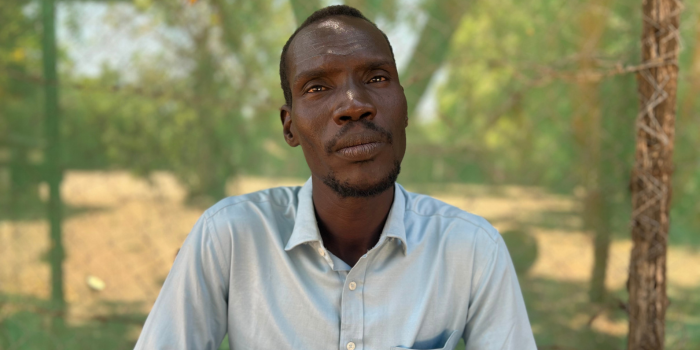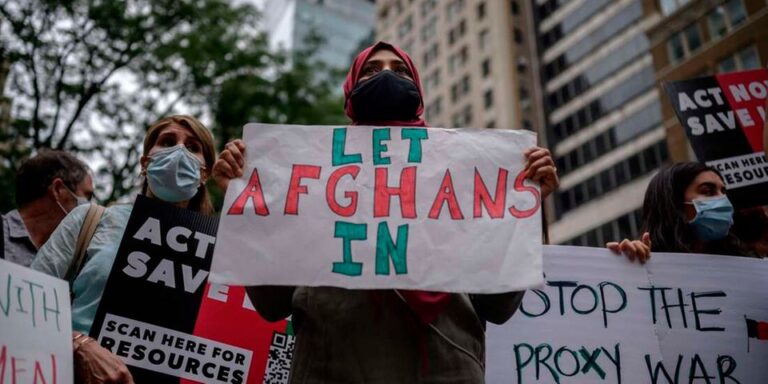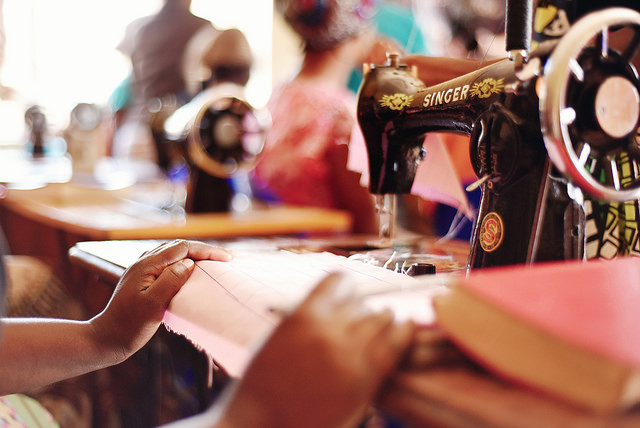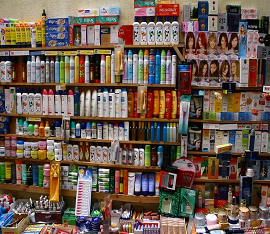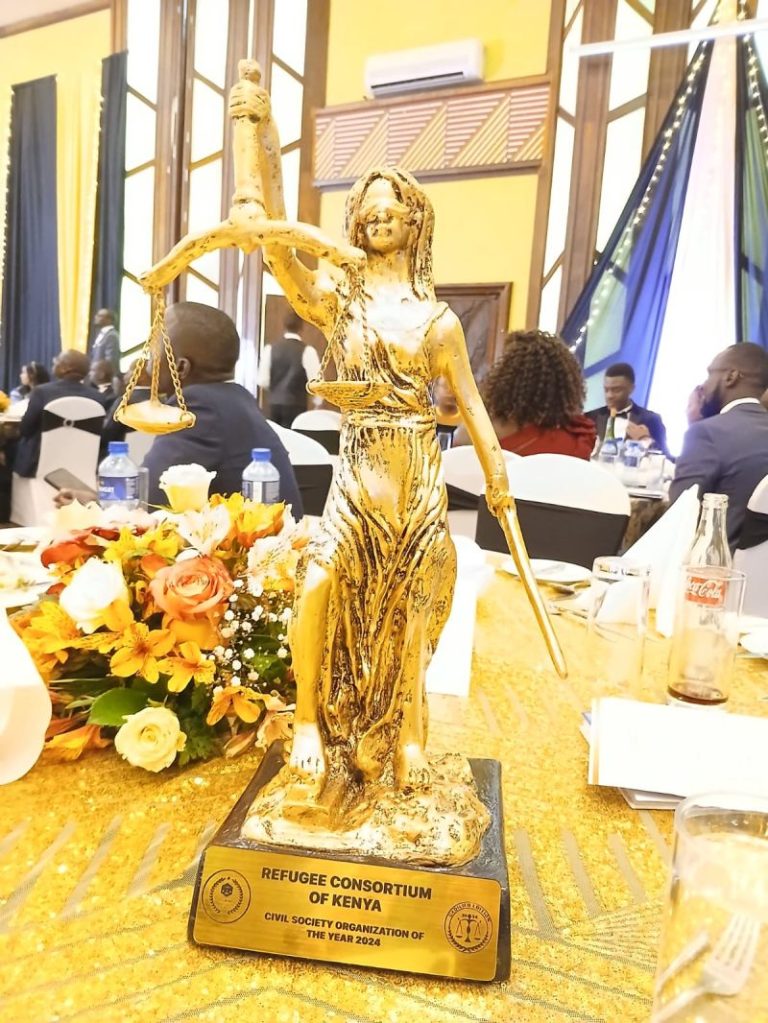Nairobi, Kenya – Dekiru, (not her real name), a 28-year-old Ethiopian refugee, has turned her life around through sheer determination and resilience. Fleeing conflict in Ethiopia in 2013, Dekiru arrived in Kenya with her husband, seeking safety and a new beginning. However, the journey was far from easy. After losing her parents and facing life-threatening dangers in her home country, Dekiru and her family settled in Kamaiko Centre, Huruma Ward, Nairobi County, only to face new challenges such as struggling to provide for their children and herself, poor living conditions, insecurity and harassment.
“Back home, it was war. We lost so many people, including my father and mother. We felt our lives were in danger, so we fled with my husband. When we arrived in Kenya, we thought we could start over, but life had other plans,” Dekiru recalls, her voice tinged with emotion. Her husband left shortly after their arrival, leaving her to care for their three children alone. “He said he was going to find work, but I have not seen or heard from him since. I do not even know if he is alive,” she adds, with a sense of worry.
With no stable income and the weight of providing for her family on her shoulders, Dekiru took on odd jobs, including working as a hotel attendant. However, harassment and poor working conditions forced her to quit. “Before, I worked in someone’s hotel, saved money, and started my own,” she says. Determined to create a better life, she ventured into entrepreneurship, starting a small hotel business. But the venture struggled, and Dekiru found herself incurring losses.
“But even the hotel business was not doing well. I was at my lowest point, I did not know how I would feed my children or pay rent. I felt like I had failed them,” She added. It was then that Dekiru sought help from the Refugee Consortium of Kenya (RCK). Through RCK’s vulnerability assessment, she was identified as a candidate for the Wezesha project’s Women and Girls Economic Empowerment component, supported by the IKEA Foundation.
Dekiru joined a group of 29 participants (22 women and 7 men) in Nairobi for a 5- day in person entrepreneurial skills training covering a number of topics including self-awareness and self-esteem skills, identifying viable business ideas, managing personal finances, business SWOT Analysis, writing a business plan, and registering a business, among others. “The training changed everything. I learned how to save, manage my business, and plan for the future,” she explains. Equipped with newfound knowledge and a business plan, Dekiru opened a small-scale milk business from the little savings which she had saved from her venture in the hotel business.
Reflecting on the lessons she learned during the training, she shared, “One of the lessons I learnt from the training was the importance of managing borrowing carefully. Poor lending, whether from friends or clients who fail to repay their debts on time can lead to my business to collapse.” She has also embraced the importance of saving and financial management. “Even when I buy milk for my children, I take from the little profit I have made and save the rest. These days, I do not mix business and family either. I have learned to be disciplined with finances,” she adds.
However, the journey was not without hurdles. Dekiru faced challenges with milk storage, leading to spoilage and losses. “Some days, I had to pour out spoiled milk. It was heartbreaking,” she says. But her training gave her the confidence to persevere. She saved enough to purchase a second-hand freezer, though it frequently broke down, adding to her expenses.
A turning point came when Dekiru received capital good (in-kind grant) through the Wezesha project’s economic empowerment component, enabling her to receive a new fridge, a small deep freezer, and an Ethiopian bread-making machine called ‘Injera Maker’. “The support I received was life-changing. I have now expanded my business to include selling ice and soda, and my daily profit increased from Kshs 400 to at least Kshs 600 daily,” she shares with a smile.
Today, Dekiru’s business is thriving. She can now provide for her children, pay their school fees, and cover rent and other basic needs. “I want to thank RCK, together with the IKEA Foundation, for the support and for providing me with a fridge, injera making machine and a deep freezer. I feel delighted by how much they have helped me. I can now take care of my children and plan for their future. My children are my motivation, and I am determined to give them a better life,” she says.
Dekiru’s story is a demonstration of the power of resilience and the transformative impact of economic empowerment initiatives. As she looks to the future, she dreams of expanding her business further and inspiring other refugee women to pursue their dreams.
“I want to tell every woman out there facing challenges that it is possible to rise above them. With determination and the right support, you can rebuild your life,” Dekiru concludes.

